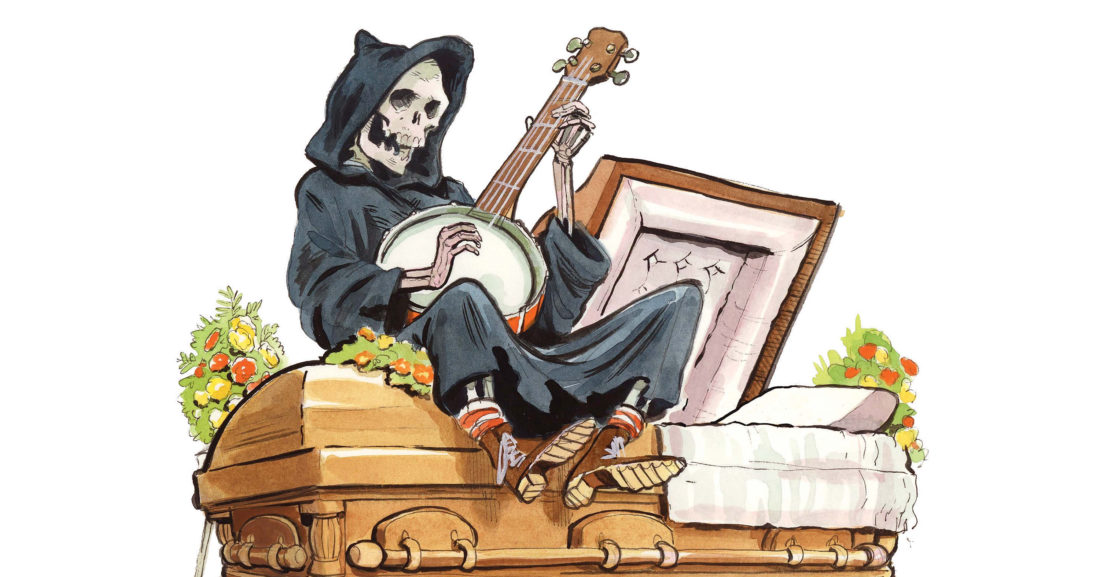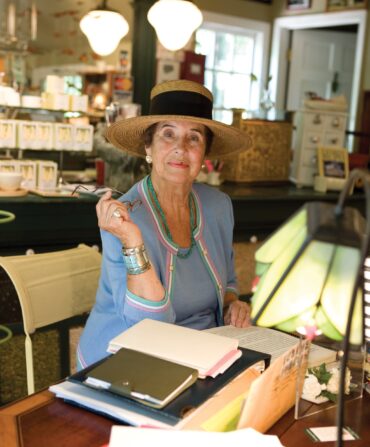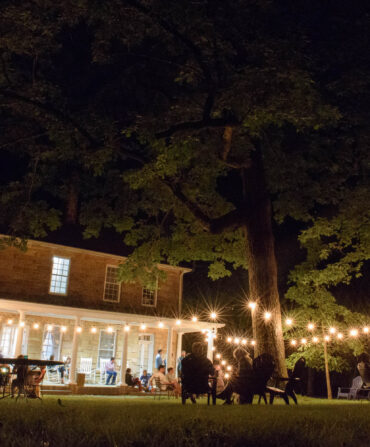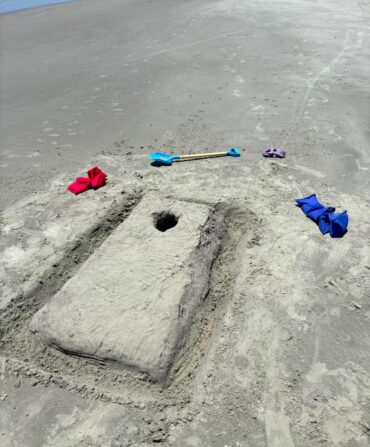Q. We’ve been taking some flak: Is an open-casket funeral sorta hillbilly?
A. Death is a many-horned beast that should be given due regard, in the sense of celebrating the life that preceded. But it seems you’ve raised two questions. First, what is hillbilly, in your parlance? Not to put too fine a blade on this, but even a glance at the seventeenth- and eighteenth-century deluge of Scotch-Irish, English, and Welsh immigration to the South—or, for that matter, just laying Flatt and Scruggs’s “Foggy Mountain Breakdown” on the turntable—should tell you all you need to know, namely, all descendants of those groups are more than a little hillbilly. As for an open casket drawing opprobrium, it’s true that any president’s lying in state in the Capitol rotunda is a closed-casket affair, but the ancient tradition of “laying in” the postmortem body is a rigorously open-top thing. I don’t have a dog in that fight, except to say that our pondering Death as attached to a human face is most apt, since the gorgeous weathering and demise of humans is such a part of the natural order. To bring your point home, please tell your critics to redirect their open-casket complaint with two letters. The first should go to the Vatican, urging the College of Cardinals to stop laying the dead popes out in their vestments and to do the decent thing by displaying the pontiffs in caskets. The second letter should go to the Kremlin, because those panes of glass over Lenin are the height of crudeness, and, when you come down to it, celebrating your embalming techniques is such a hillbilly thing to do.
Q. Is it possible to hear good music in New Orleans during Mardi Gras?
I’d love to walk up to the bandstand at an Economy Hall dance in Tremé in 1910 and ask Kid Ory or King Oliver that question, just to see the looks on their faces. But I take your point. At this time of year in any insane pre-Lenten capital from Cologne to Port of Spain, cacophony is the rule, especially down home in the cradle of jazz. Three key paths will help you survive that audio tempest: Anywhere trumpeter Kermit Ruffins will be, will be music, and celestial improvisation with his well-known mates, including Trombone Shorty and Shorty’s brother James. Ruffins doesn’t barbecue as much as he used to, but as New Orleans’ reigning duke of brass, he will likely be found close to home, at the Blue Nile on Frenchmen Street in the Marigny on Fridays, or in his own Tremé Mother-in-Law Lounge, on Claiborne, which he took over from Ernie K-Doe’s family. Second, keep a sharp eye out for gigs by the following heirs apparent: trumpeter Christian Scott, piano man Jon Batiste, zydeco accordionist Sean Ardoin, and Cha Wa, the Mardi Gras Indian funk band, led by J’Wan Boudreaux, the grandson of Big Chief Monk Boudreaux. Third, in the last three decades, the Harry Connicks Sr. (the lawyer) and Jr. (the piano man), two of the core founders of the Orpheus krewe, have arguably had the biggest musical impact on the celebrations. Orpheus rolls on Lundi Gras, and the parade ends at the krewe’s black-tie “Orpheuscapade” ball, the go-to soiree for big performances, usually including Harry Jr.
Worth it to take a spring-break trip down to Florida for the Grapefruit League?
Grapefruit League games are held in the old-baseball way, the stands right down to the field, legends of the day walking around almost as if they were mortal and delivering beaucoup high jinks on the field. Whether it’s a down-on-one-knee rifle shot from the catcher to second base to pick off a runner, or a line drive that knocks in three, those moments of blazing talent are more immediate in these cozy stadia. The then Philadelphia Quakers were the first to train in Florida in 1889, and by 1914 the league was founded; today, fifteen major-league teams reside in Florida for the six weeks. Last year’s World Series rivals, the Astros and the Nationals, share a training ground in West Palm Beach, which should heat up the bench chatter this February. The league earned its sobriquet in 1915, when aviator Ruth Law was to throw a promotional pitch from her plane to Brooklyn Dodgers manager Wilbert Robinson, at Daytona Beach’s field. She tossed a grapefruit down instead. Robinson gamely tried for it, but after hurtling five hundred feet, it exploded in his hands. The newborn league was christened.








